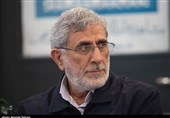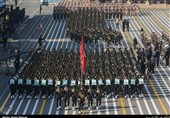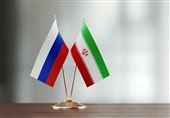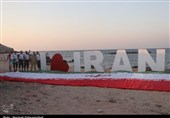Dutch Supreme Court Orders Review of Weapons Export amid Israeli War Crimes
TEHRAN (Tasnim) – The Dutch Supreme Court instructed the government to reassess its weapons export license to Israel, as global outrage intensifies over the Zionist regime’s devastating assault on Gaza and mounting accusations of war crimes.
The Supreme Court of the Netherlands on Friday ordered the government to review its policy on exporting F-35 fighter jet parts to Israel.
The court stopped short of enforcing a full ban but demanded that officials evaluate whether the parts could be used in acts breaching international law.
It gave the government six weeks to complete the review, during which the suspension of jet part exports will remain in effect.
“As long as the minister does not make a new decision on the export license, the current license remains valid and export of F-35 parts to Israel is not allowed,” presiding judge Martijn Polak said.
The ruling follows a February 2024 decision by the Court of Appeal in The Hague, which had ordered the government to halt exports due to the “clear risk” that Israel’s US-made F-35s were being used to carry out grave violations of humanitarian law in the Gaza Strip.
While the Supreme Court overturned that specific ban, it reinforced that any future export decisions must account for potential breaches of international law.
“If the minister determines that there is a clear risk that the goods to be exported will be used in committing serious violations of international humanitarian law, he may no longer allow the use of the license,” the court stated.
The Netherlands hosts one of several US-operated regional depots supplying F-35 components worldwide, including shipments to Israel since October 7, 2023.
Israel has maintained a blockade on Gaza, home to nearly 2.4 million people, for nearly 18 years. It tightened the siege in March when it closed border crossings and blocked food and medicine deliveries, pushing the enclave into famine.
Since October 2023, Israeli bombardment has killed nearly 66,300 Palestinians, most of them women and children. The UN and rights groups have repeatedly warned that the enclave is being rendered uninhabitable, with starvation and disease spreading rapidly amid widespread displacement.






